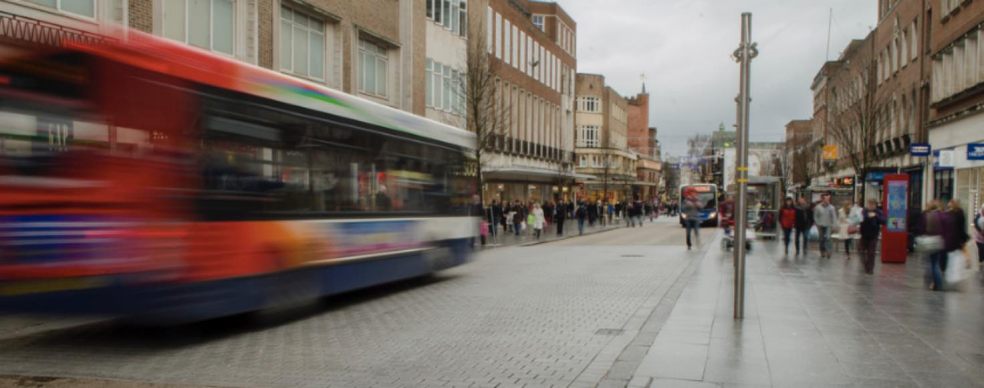
Where does Exeter stand in the UK economy?
Since Roman times, Exeter has been an important centre for trade and that is still the case. As one of just two urban centres in the county it has a strong local base, able to attract both workers and consumers from a considerable area beyond its borders, while the fact that it’s within easy commuting distance of London (with much lower overheads) makes it an attractive site for large companies. It is its small businesses, however, which have really driven it forward in recent years, and which, together with its capacity for innovation, make the future look bright for the city.
Growth
With the fifth fastest growing economy of any city in the UK today, Exeter has a lot to be proud of. It has recently been dedicated as a new Enterprise Zone, with £800,000 of government funding channelled through the university to promote business partnerships and strengthen the knowledge economy. There are currently almost 5,000 business premises operating within the city, with still more people working as contractors from their homes, and Exeter is considered to be one of the top ten most profitable locations in the country for a business to be sited. All this has contributed to the city’s economy growing by around 2.3% a year, comfortably above the national average. The main barrier to new businesses is high property prices, but some entrepreneurs are working around this by renting Exeter storage space as needed so that they only pay for space they’re actually using.
Employment
Official statistics have shown employment rising more slowly in Exeter than in other parts of the country over recent years, but that’s because the city is already operating close to capacity, with little unemployment in the region. (Some unemployment is to be expected, accounting for stay-at-home parents, unregistered carers and so on.) The workforce here is unusually well qualified so the revenue produced by each individual worker is above the national average. Alongside residents of the city, around 35,000 people commute into Exeter for work, with the well supported local transport links a strong asset. Over the past year, the consumer sector has been the fastest growing area for employment.
Strong sectors
If there’s one other characteristic that tends to accompany the exchange of money, it’s the exchange of ideas, and throughout its history Exeter has prided itself on its educated populace. Today this is a significant economic driver. It’s a leader in the medical research sector and is also known for its impressive work on meteorology, renewable energy and climate change, areas which are becoming increasingly important. This ideas-focused approach has also given it a strong standing in information technology. Alongside this, the city benefits from a strong real estate sector which makes it attractive to home buyers and has boosted the wealth of established home owners, helping them to invest and start new businesses.
Shopping
As well as having a well educated, highly productive workforce, Exeter has a strong consumer economy. It’s vulnerable in some ways because it is heavily focused on chains, which are exposed to the ups and downs of the wider national markets, but they’re very successful locally. Princesshay, the Guildhall and the Harlequins Centre all attract customers from a wide area and areas like Gandy Street ensure that at least some local retail outlets are able to thrive. In fact, Exeter has recently been identified as one of the most successful cities in the country in terms of consumer-generated revenue.
Recent investment
Thanks to its strong economy, Exeter produces a strong return on each pound invested, a factor which has given it a big advantage in attracting funding from the public and private sectors alike. Recent local government investment in the transport infrastructure has produced immediate opportunities for workers and helped to ensure that the city remains attractive to commuters over the long term, enhancing its workforce potential. Investment in housing is having a similar effect. In the private sector the new IKEA store is expected to give the city a significant boost and further investment is expected at Exeter Science Park.
Actually expected to outperform London over the next year, Exeter is one of the most exciting places to be involved as an investor, a business owner or simply an ambitious worker looking for opportunities to climb up the career ladder. It’s a city that just keeps on getting stronger, and even with the national economy suffering setbacks due to Brexit, it remains competitive at both a national and an international level.



















